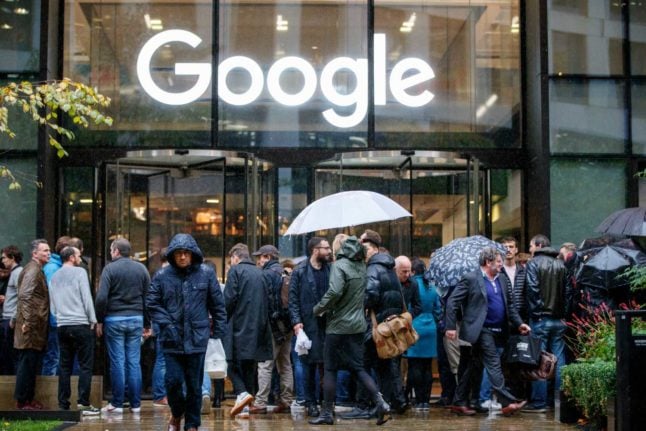“It’s disgraceful that someone can do this without being punished. That he’s been freed sends the signal to her and other young girls that society doesn’t care about them,” the mother of the 15-year-old girl featured in the pictures told the Svenska Dagbladet (SvD) newspaper following the ruling.
The girl and the boy, now 17-years-old, had been a couple when the pictures were taken. But when the relationship went sour and the girl wanted to break up with the boy, he threatened to send the pictures to all his friends.
A district court had convicted and fined the boy, now 17-years-old, for sexual harassment and making illegal threats because he had also written a passage on the internet which the girl and her mother considered threatening.
In overturning the conviction, however, the Svea Court of Appeal wrote that there is no general prohibition against spreading pictures of someone without their consent, no matter how invasive it may be to someone’s privacy.
To qualify as sexual harassment, an act requires “reckless behaviour” characterized by a “noticeable violation of personal freedom”, according to the court.
This, in turn, requires that the victim is aware of the act when it occurs, the court continued.
The pictures were taken with the girl’s consent, only to be used later in an offensive way.
The appeals court also ruled that it wasn’t possible to determine with absolute certainty toward whom the threatening passage was directed, despite claims by the mother that the passage constituted a death threat directed toward her and her daughter.
The girl has been haunted by the pictures ever since they were taken, according to her mother, finding it hard to leave the house after having received stares by passersby in the small village where the family lives.
The mother is now worried about what the ruling may mean for the future.
“There’s a risk now that the pictures will continue to be sent around and that there’s nothing we can do to stop it. These sorts of things can happen when you’re young, but at the same time you shouldn’t be able to spread things like this around,” she told SvD.


 Please whitelist us to continue reading.
Please whitelist us to continue reading.
Member comments